Blogs

What is Muslim Piety?
The Prayer Selling Merchant (by Maarten Holtzapffel) The Persian literary tradition is replete with stories and anecdotes through which poets attempt to convey moral lessons. A well-known example is the mediaeval Sufi poet Farīd al-Dīn ʿAṭṭār (d.ca. 1221), a giant of the Persian mystic literary tradition who had a great influence on the well-known Sufi…
Read more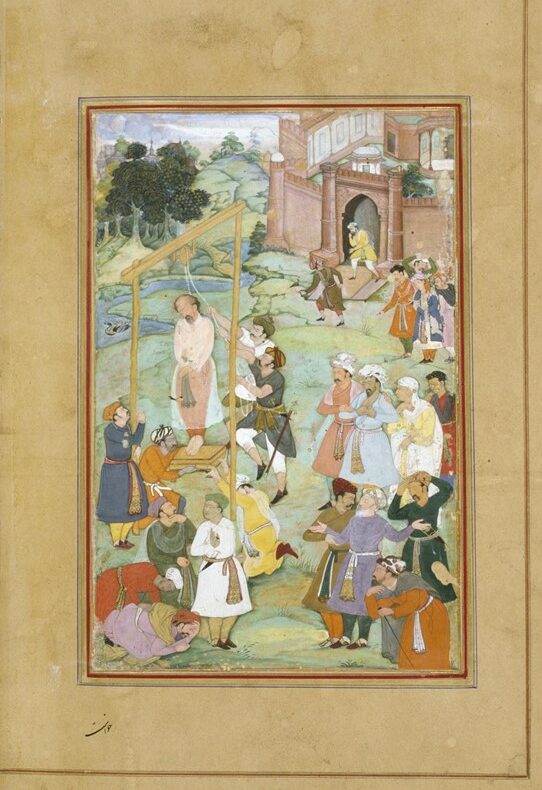
Encountering ʿAyn al-Qużāt’s Tamhīdāt in Iran’s Antagonism of Mullocracy
(by Fatemeh Naghshvarian) Systematic resistance through the aesthetic and intellectual efforts of fearless voices that defend human rights, moral courage and basic human integrity has a long history in Islamic literature. Statements extolling the virtues of ‘infidelity’ in Iranian social media after Mahsa Amini’s brutal murder are not unheralded but backed by a rich Persianate antinomian…
Read more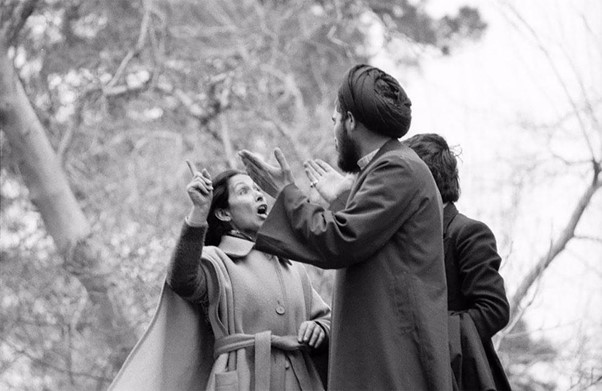
A Worn-out Veil is Not the Foundation of Being a Muslim
(by Zhinia Noorian) چادر پوسیده بنیاد مسلمانی نبود Women’s bodies have been used to project the ideology of ruling systems in Iran. After the Iranian Revolution of 1979, controlling women’s bodies took a sharp Islamic turn. Soon women were forced to observe ḥijāb or the Islamic dress code or stay home to preserve morality in…
Read more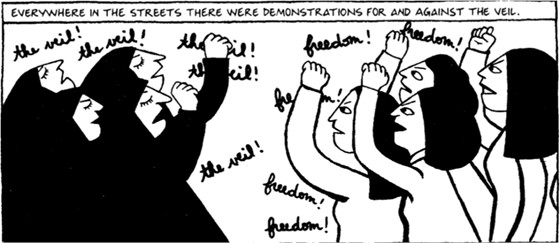
We Veil our Eyes Instead of our Women’s Faces
(by Asghar Seyed-Gohrab) Iranian women have been fighting for equal rights for more than a hundred years. Dress code is one of the essential components of this fight for equality. The question is why their demand to dress as they wish is not granted and even violently crushed. We Veil our Eyes Instead of our…
Read more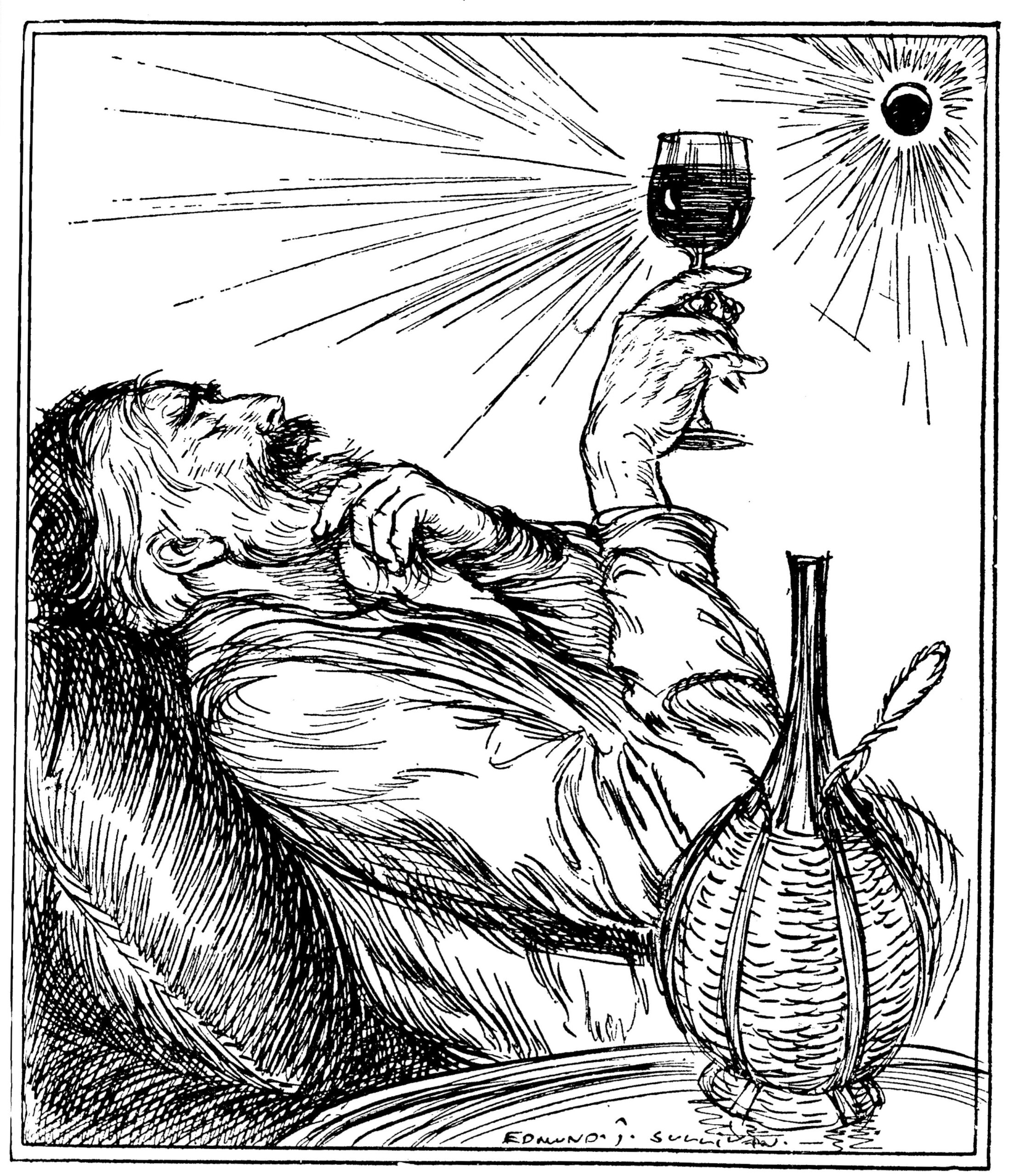
Remembering the Critical Khayyam: A Reflection on Abdelkader Benali’s comments on Khayyam
(by Arash Ghajarjazi) Recently, I came across an interview with the Dutch-Moroccan writer Abdelkader Benali on NPO1 (link). The title reads, “Abdelkader Benali vertelt waarom soldaten in Duitse interneringskampen troost vonden bij de Perzische dichter Omar Khayyam”. And thus, NPO1 lures us into a short monologue about the great Persian poet ʿUmar Khayyām (d. ca…
Read more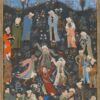
Kissed through a Poem
اندر غزل خویش نهان خواهم گشتنتا بر دو لبت بوسه دهم چونٓش بخوانی I will hide myself within my poemSo when you read it, I may kiss your lips. This mesmerizing couplet is quoted in the hagiography of the great mystic Abū Saʿīd b. Abī ʾl-Khayr (d.ca. 1049). A singer (qavvāl) performed this couplet at…
Read more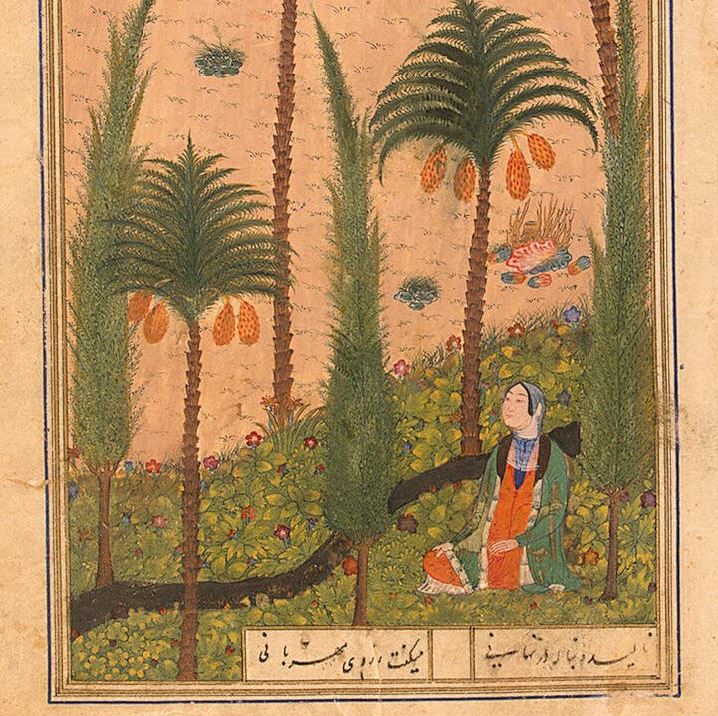
#MeToo in Persian Poetry
(by Asghar Seyed-Gohrab, first published 2017) #MeToo may be seen as a new phenomenon, but there are many examples in medieval Islamic literature of sexual harassment and women who defend their rights and personal integrity. Alexander the Great and the unveiled women The behavior of the American producer and studio owner Harvey Weinstein has rightfully…
Read more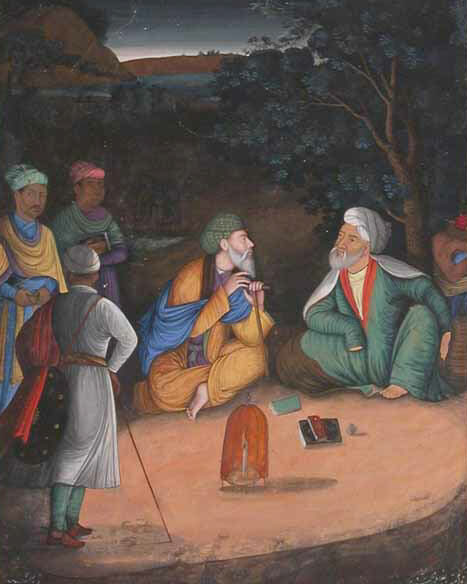
Rumi en de Nacht
Voor veel mensen is maart een tijd van hoop en nieuw leven. De dagen worden langer en de nachten worden korter. De nacht speelt echter een belangrijke rol in de werken van islamitische mystici, onder wie de dertiende-eeuwse Perzische dichter Jalal al-Din Rumi (1207-1273). Mystici als hij beminden God en hunkerden naar éénwording met het…
Read more
Rumi and the Hollywood Stars: The Source of Brad Pitt’s Tattoo
January 25, 2019 • Cultural History and Art History and Literature • 8 min read It is almost hard to find a celebrity without a tattoo, but why should the tattoo be from a Persian mystic poet from the thirteenth century? How should we look at such texts? Brad Pitt’s Tattoo The text on Brad Pitt’s arm runs as follows, “There exists a…
Read more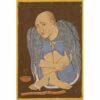
De Sharia voorbij: de rol van het soefisme bij de vorming van islam
Interview in Dutch with Prof. dr. Seyed-Gohrab on the role of Sufism in shaping Islam .
Read more



